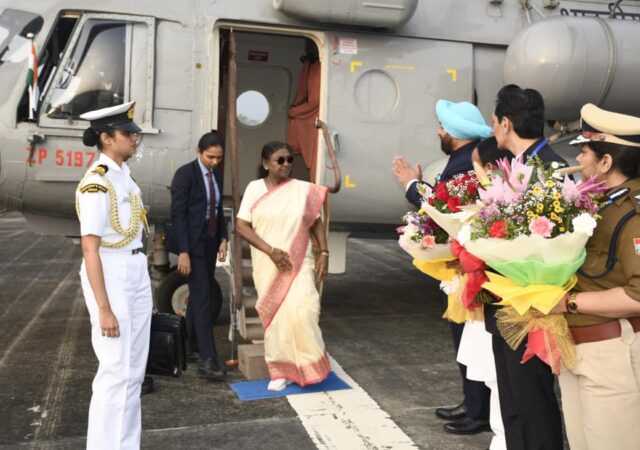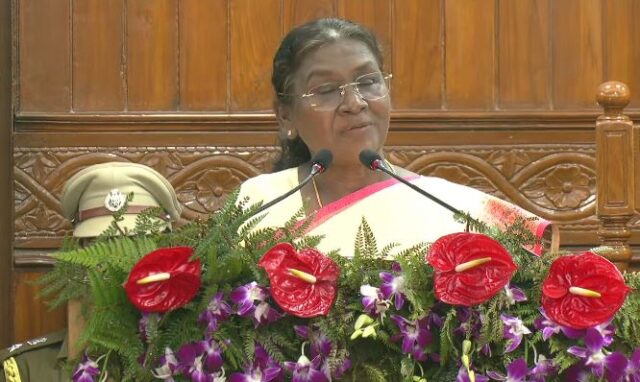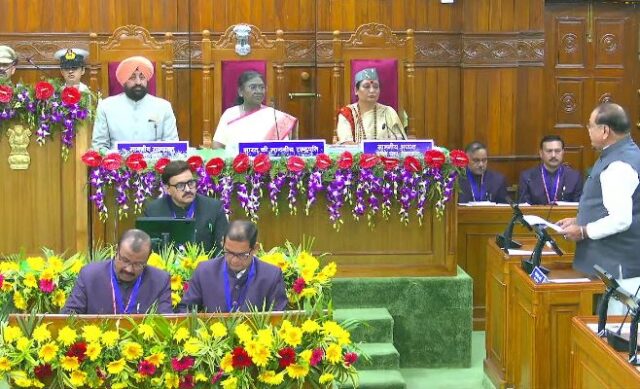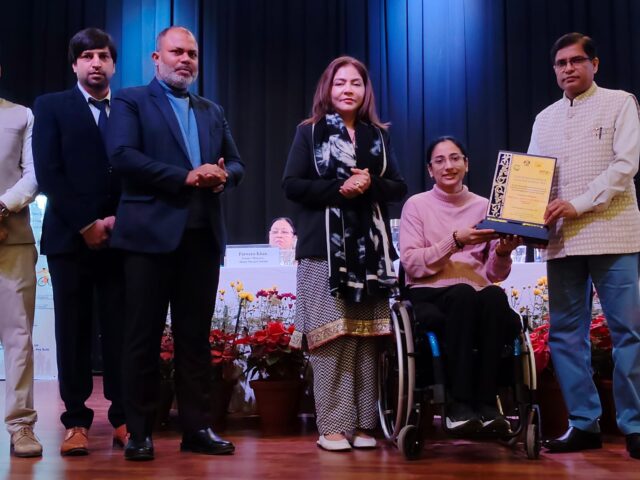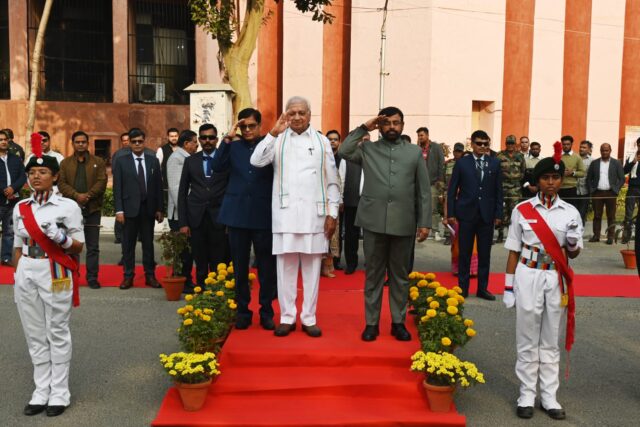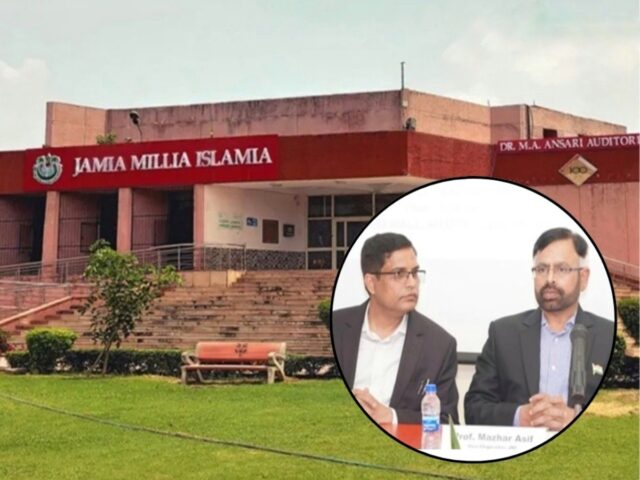Gehlot spoke to PM Modi citing Patel – changes in IAS cadre rules are against the spirit of federalism
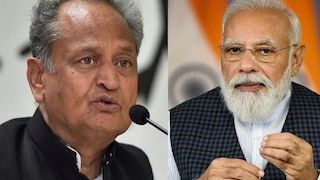
“Rajasthan Chief Minister Ashok Gehlot has also opened a front against the central government against the decision to amend the IAS (Cadre) Rules 1954. Gehlot has expressed concern over this by writing a letter to Prime Minister Narendra Modi. He has written in the letter that IAS Amending the rules of deputation at the center of officers will threaten the shared spirit of federalism of the country.
He wrote in the letter that the Indian Administrative Service was formed after independence to strengthen public welfare and federalism. But the way the central government is amending it. This will adversely affect the purposes of formation of this service. Gehlot further wrote that due to this decision of the Center, there will be a shortage of administrative officers in the state. With the decision of the Center, the officials will not be able to work without fear and favour.
“Gehlot has written in the letter that on 20 December 2021, the central government had sought advice from the states to change this rule. But it was sent after changing the format on 12 January 2022. Gehlot wrote in his letter to PM Modi. It is said that this change will hurt the ideas of the first Home Minister of India, Vallabhbhai Patel, of the Steel Frame of India. During the discussion on the rules of the Indian Administrative Service, on 10 October 1949, Patel had said that this rule will be done independently, without the authority of the officers. Made to work without any fear. Without this you will not have the dream of Akhand Bharat. Gehlot has sought Prime Minister Modi’s intervention in this. Earlier Bengal Chief Minister Mamata Banerjee and former Jammu and Kashmir Chief Minister Omar Abdullah has also expressed his opposition to this.
Which changes in the IAS cadre rules scared the states?
According to the IAS (Cadre) Rules 1954, the officers are recruited by the center. But when they are given the cadres of their state, they come under the state government. According to the rules, any IAS officer can be deputed to the central government or any other state only with the consent of that state government and the central government. If there is any disagreement in the deputation, then the decision will be taken by the Central Government and that decision will have to be accepted by the State Government. There is a rule in the new proposal that if the state government does not implement the decision of the Center in time and does not release the officer, then the officer will be considered free from the cadre from the date fixed by the Center.Live TV

